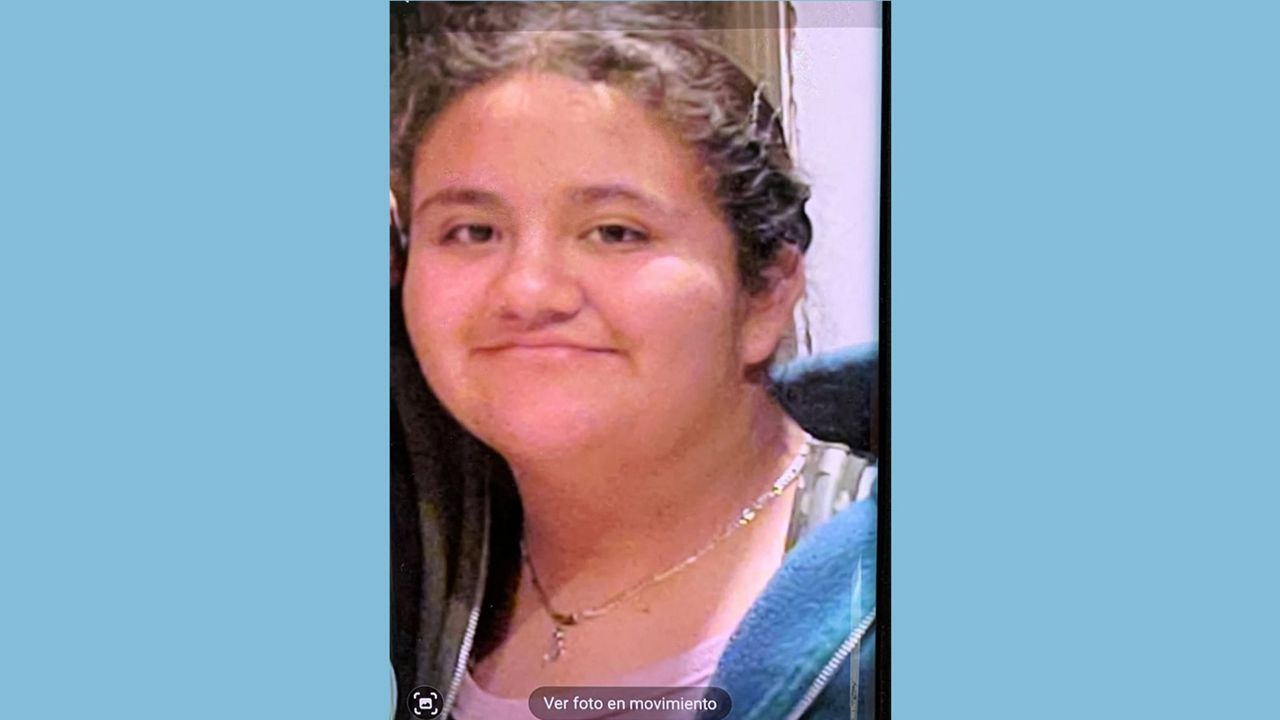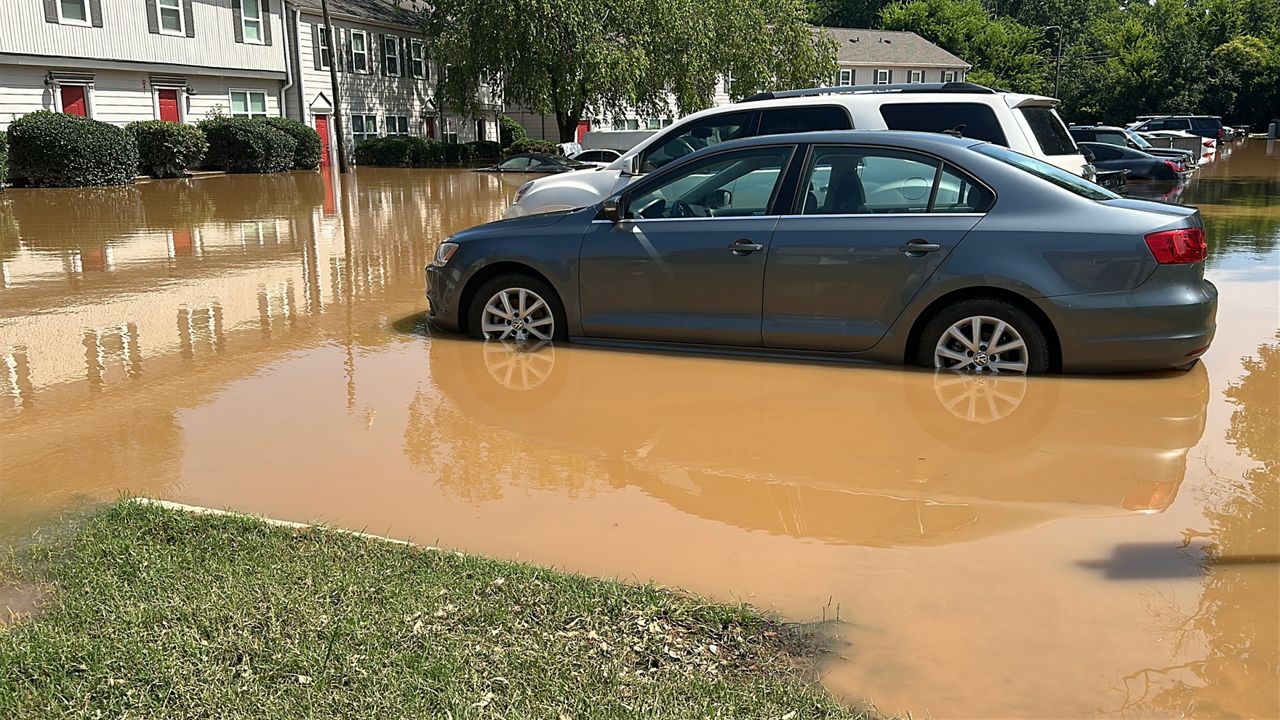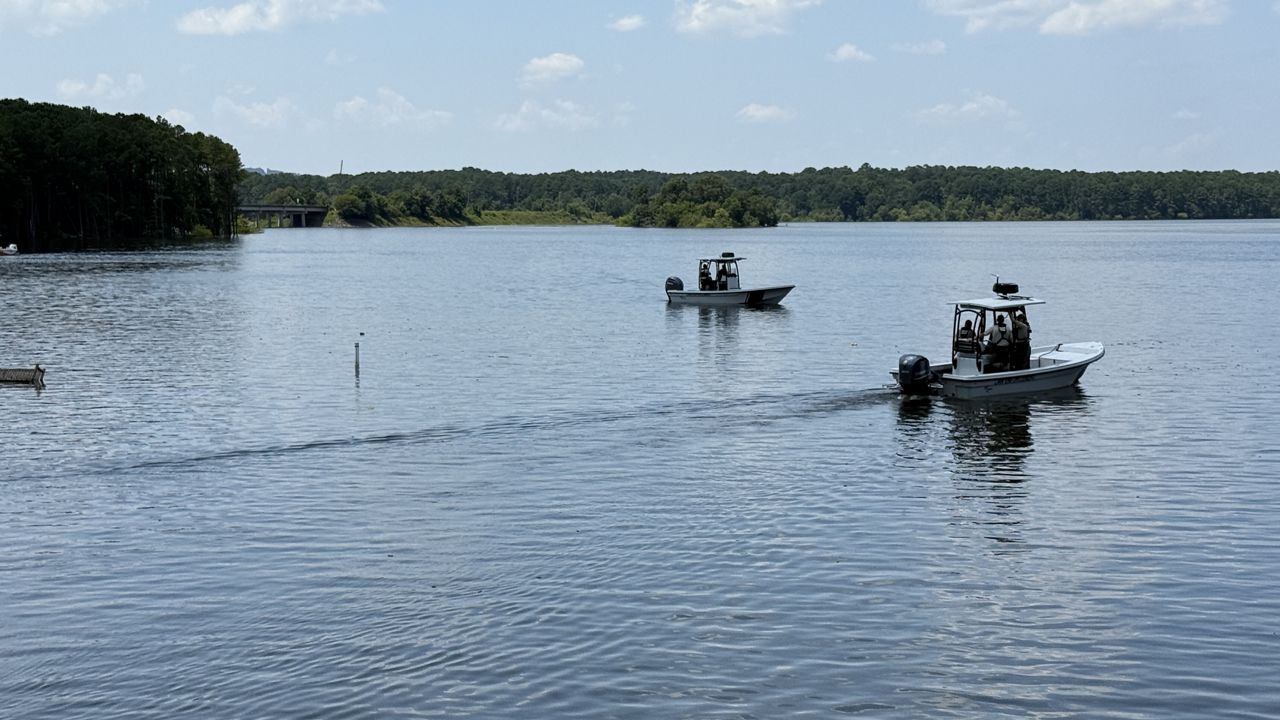CHARLOTTE, N.C. — The group behind a controversial proposed pay structure for teachers is hoping to get support from one of the largest school districts in our state, Charlotte-Mecklenburg Schools.
The proposal would pay teachers based on four different tiers.
Those who support the plan say it incentivizes teachers, while also paying long-term teachers more for all the work they already do outside the classroom.
"We don't have clearly defined ways for teachers to advance in their careers as teachers where they move into more expert forms of knowledge that can lead to lead teacher or advanced teacher roles,” said Van Dempsey, the chair of the Professional Educator Preparation and Standards Commission. “We have pilots, and we have projects, but we don't have a structure in N.C. across the state for being able to do this."
But some long-term teachers say the proposed program is more of a merit-based pay system.
Justin Parmenter has been a teacher in North Carolina for more than 20 years.
“I love the job,” Parmenter said. “I love working with kids, you know, seeing the light come on, opening doors of opportunity for them.”
But throughout his career, Parmenter admits, it hasn’t always been easy.
“When you can't afford to be a teacher unless you drive Uber on the weekends, when you can't afford to be a teacher, unless you take on, you know, crippling credit card debt, then you have to make a change” Parmenter said.“When you can't afford to be a teacher unless you drive Uber on the weekends, when you can't afford to be a teacher, unless you take on, you know, crippling credit card debt, then you have to make a change” Parmenter said.
While Parmenter believes the State Board of Education is looking for different ways to help the teacher shortage issue, he says the proposed Pathways to Excellence Pilot Program isn’t it.
“None of this has anything to do with teachers are quitting because they aren't earning enough money,” Parmenter said. “We have demoralizing, decades of demoralization. Maybe that's talking about teachers aren't earning enough money. But most of this has to do with how teachers are licensed. How do teachers advance once they become licensed?”
Under the proposed program, teachers would be compensated in a four-tier system.
PEPSC says these licensures would help pay student teachers while they are in the classroom, allow new teachers to gain mentorship and pay experienced teachers for the mentorship they already freely pass on.
Experienced teachers can also be compensated more for positive reviews, as well as high test scores. Although PEPSC says compensation will not be just decided on test scores.
“Another thing that you see here is other tools designed to determine competency and content and or pedagogy,” Parmenter said. “So this has to be determined. Right? And so we're passing a framework for this pilot which says that we're going to figure out later other ways that we can decide how effective these teachers are.”
Parmenter says it will only add more stress to teachers' lives.
“I think if you were to ask 10 teachers in North Carolina, 'what's the worst thing about being a teacher' or find 10 teachers that have quit and asked them, 'why did you quit?' You probably can't find one who says, 'Because I, I just didn't like the lack of opportunities for advancement,'” Parmenter said. “Most teachers just want to be a teacher.”
While Parmenter recognizes some of the proposed plan's support efforts and pay scale could be beneficial, he’s skeptical.
“The most likely outcome is that they will keep the most problematic parts of this proposal and slash the funding so that teachers are still earning roughly about the same amount that they are now,” Parmenter said. “But also struggling in a system that's supposed to measure who's effective and who's not, but doesn't tell us anything of the sort.”
Parmenter is a board member for the N.C. Association of Educators.
PEPSC met with the Charlotte-Mecklenburg Board of Education Monday to show members the proposed program.
The State Board of Education hopes to launch the proposed pilot program in a few school districts around the state this coming fall.






_Cropped)


